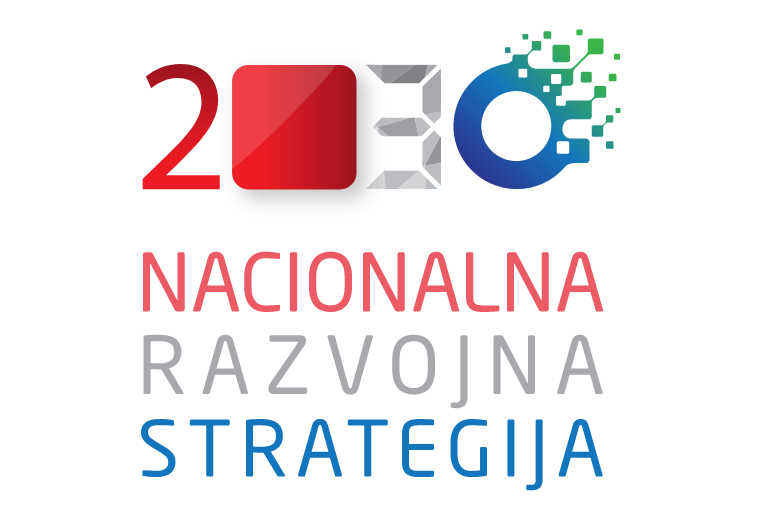Vladimir Chizhov, Russia’s long-time ambassador to the European Union, thinks the bloc’s decision to impose further sanctions on Russia is a missed opportunity to fix relations between the two neighbours.
Foreign ministers from EU countries agreed on Monday to punish four Russian officials believed to be involved in the jailing of Kremlin critic Alexei Navalny.
“From our point of view, this is another chance of rectifying our relations missed. And this is another step of the relationship slipping on a downward slope,” Chizhov said in his first interview with international media since the decision was reached.
The ambassador believes EU ministers treaded a “thin line” with the new raft of sanctions, which he considers a reaction to what he calls “this wave of emotions among the liberal public opinion, which includes, unfortunately, many members of the European Parliament“.
Chizhov thinks the punitive measures were taken “not to spoil the blossoming romantic relationship with the new American administration”.
But, he continues, the package avoided substantial economic damage because it did not target the Nord Stream 2 pipeline, a divisive infrastructure project unreservedly supported by Germany but opposed by many other EU countries.
“Any such decision is bad,” he adds. “Legally speaking, from the point of view of international law, sanctions is [sic] a tool which is in the hands of the UN Security Council and only that. Anything beyond that can be called unilateral restrictive measures, [which are] illegitimate by definition.”
‘Unreliable partner’
Speaking to Euronews in his office in Brussels, the ambassador tried to explain the controversial comments made by Russian Foreign Affairs Minister Sergey Lavrov during the visit of Josep Borrell, the EU’s chief diplomat.
Towards the end of their joint press conference, Lavrov called the EU “an unreliable partner” while Borrell stood silent by his side.
Chizhov says that after the 2014 Ukraine crisis, when Russia illegally annexed Crimea (a move he prefers to call an “expression of free political will”), the EU chose to freeze many of the strategic structures in place between the two sides. Conversely, the ambassador claims that Russia “has never closed any door”.
“When you have a partner that for reasons that are beyond understanding, without any proper evidence, takes decisions to introduce unilaterally restrictive measures or make statements that are hardly positive towards you, of course, you treat it as an unreliable partner.”
Despite his low expectations and critical rhetoric, Chizhov refrained from burning bridges.
“I’ve seen certain ups and downs in our relations with the European Union. Now, evidently, we are in [a] down position, but, you know, there is a Russian saying when you hit the floor, there is always somebody knocking from below. So I wouldn’t call it, the end of the relationship.”
Russia in a multipolar world
Chizhov is a well-seasoned expert in EU-Russia relations: the diplomat has been at the helm of the Permanent Mission of the Russian Federation to the EU since 2005.
In his view, modern societies live in a “multipolar world” where Russia can find its own voice and allies.
“[Russia] is not developing our relations or our cooperation with anyone at the expense of others. We are open for cooperation with the rest of the world, be it the European Union, be it the United States, be it our countries further east or further south.
“But of course, in doing that, we have to keep in mind how all those countries and regions are treating Russia and whether they are prepared to take into consideration Russian legitimate national interests.”
In contrast to the state of affairs in Europe, Russia is enjoying a much better relationship with its other big neighbour, China, the ambassador says, while underlining the partnership “is not a threat to the West”.
“Our Russian and Chinese relations have had their ups and downs as well, including in my own lifetime. But today I can say that the state of [the] Russia-China relations is the best that has been happening for decades.”
“And nothing that is being said either in Moscow or in Beijing, on global issues, on international relations, can be treated like going against Europe or going against other countries.”
Asked if the two countries are on the same page when it comes to human rights, the Russian diplomat recognises the issue is indeed guided by shared universal principles, as expressed in the UN’s 1948 declaration. However, he opposes the way in which the EU and other like-minded countries approach the topic on the world stage.
“The problem is that some countries, and unfortunately the European Union is in that category; they are substituting the notion of international law with certain rules-based world order, which is a very vague definition,” Chizhov argued.
“Who writes the rules? And who approves them? And why should the author of those rule books expect the rest of the world to abide by them?”



 Ambassador DelaHouse held a fruitful discussion with the leadership of the Union was focused on supporting efforts of the PUL in fostering press freedom, describing the Union as the heart and voice of Journalists in Liberia.
Ambassador DelaHouse held a fruitful discussion with the leadership of the Union was focused on supporting efforts of the PUL in fostering press freedom, describing the Union as the heart and voice of Journalists in Liberia. Speaking further on matters of free speech and freedom of the press, Ambassador DelaHouse described the situation in Liberia as being better than other countries on the continent despite other challenges being experienced by the Media.
Speaking further on matters of free speech and freedom of the press, Ambassador DelaHouse described the situation in Liberia as being better than other countries on the continent despite other challenges being experienced by the Media.

